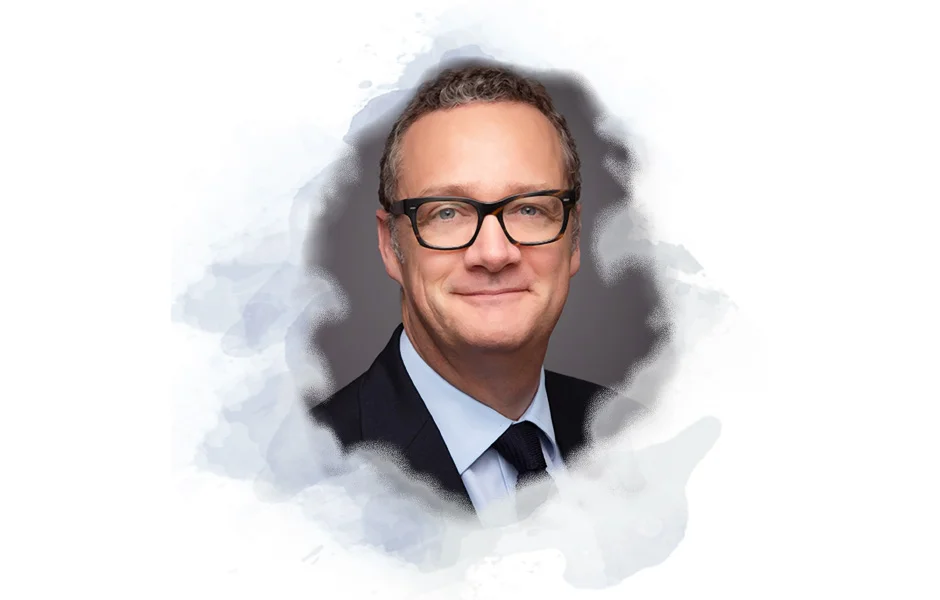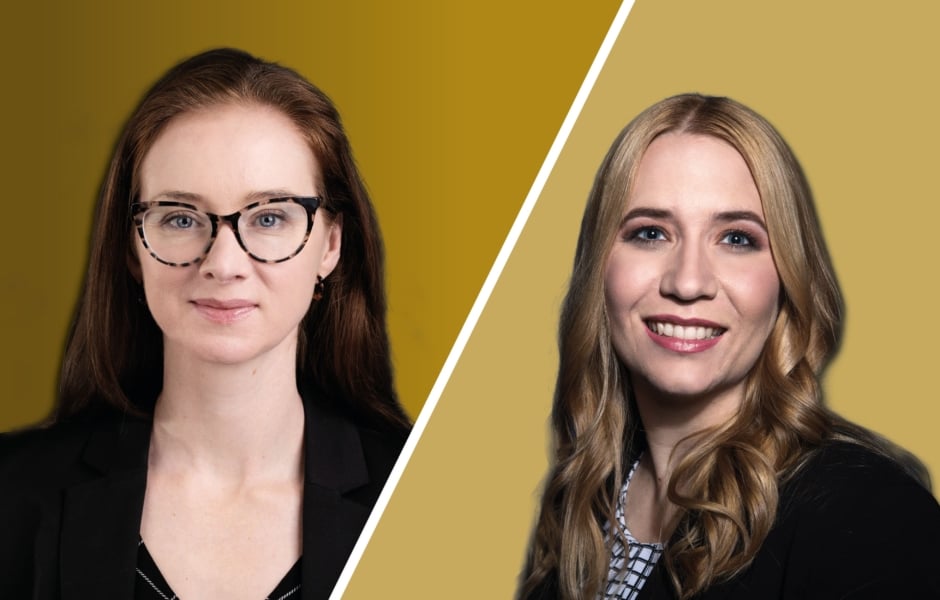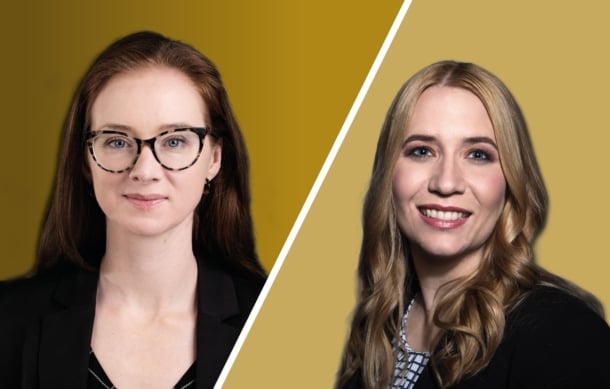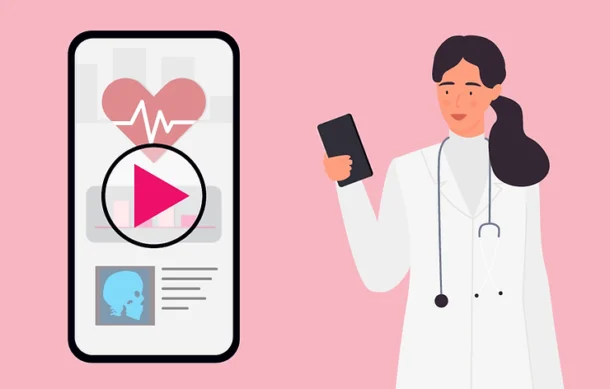Dr Nick West, Chief Medical Officer, Abbott Vascular, shares with GOLD his hopes for the future of personalised care, enhancing patient centricity worldwide and the upskilling potential of virtual reality
Interview by GOLD
How has your background as a physician informed your approach to your new role as well as your vision for Abbott’s future?
Of all the lessons I learned from a career in clinical practice, the most important is to emphasise patient centricity. Having been an interventional cardiologist with a strong interest in the adoption of novel technologies – such as intravascular imaging and bioresorbable scaffolds – I’m only too aware that it is sometimes easy for doctors to become focussed on procedure and technology rather than be patient-focussed.
I’m hoping to broaden our internal vision and underline that there is life outside of the cardiac catheterisation laboratory walls! It perhaps goes without saying that having had extensive experience of both undertaking coronary procedures and managing patients throughout their entire journeys, from diagnosis to treatment and subsequent follow-up to rehabilitation, helps enormously in this regard.
When it comes to patient care, what lessons from 2020 should we be taking forward into 2021?
In 2020, I learned the importance of maintaining agility and adaptability both within my own team and the broader organisation, and it was critically important to continue focussing on long-term strategy, rather than becoming derailed by major events.
The pandemic enabled opportunities as well as problems: expedited approvals and authorisations and stimulated innovation, for example Abbott scientists produced eight diagnostic tests for COVID-19 in record time. The switch from traditional meetings and physician interactions to a wholly virtual setting has also been beneficial for healthcare providers and their administrations alike, and I suspect that it will continue – at least in some hybrid form – moving forwards.
We also saw an uptake of remote technologies for monitoring patients as well as smart wearable sensors and telemedicine. Such technology-enabled patient care is no longer an abstract concept; it has become a necessity today and will usher in a new era of data-driven personalised healthcare.
Why is it important for the healthcare community to invest and address disparities in healthcare provision and access?
Both socioeconomic and ethnic factors have been cited as drivers for the variance in patients’ ability to engage with healthcare providers during the pandemic. The vascular community, in particular, needs to address this. The consequences of ‘missed’ or late presentations of heart attack, stroke, and critical limb ischaemia can potentially lead to death or considerably impaired future quality of life.
Although public information campaigns from societies, public health agencies, and even industry have sought to encourage patients not to ignore symptoms, the problem is further compounded by pre-existing underlying inequalities in vascular care in society. A problem especially for women and non-Caucasian patients, who may be less likely to receive preferred treatments.
This is also true in clinical trials, systematic underrepresentation of these groups has led to initiatives being designed to improve patient interaction and engagement to address the imbalance. Inclusivity in clinical trials and correcting such disparities in clinical care are goals that we have learned from the pandemic and that we must carry forward into the future.
How can personalised care relieve disease burdens on patients and which solutions are you most excited about becoming established in the next 5 years?
Although the cardiovascular space is awash with clinical trial data and multiple societal guidelines for a variety of conditions, these often do not relate specifically to the kind of patients that we encounter in clinical practice. Randomised trials commonly exclude many patient groups, and thus guidelines are applicable to the health of populations, and not necessarily individuals.
With this in mind, we are exploring data-driven future technologies to address the burden of disease, improve patient care and well-being, and drive the future of healthcare. To arrive at truly personalised care, we need to harvest data that is more detailed than the binary facts we obtain from history-taking and combine other novel indices with more traditional data sources. It’s like the difference between an off-the-peg suit and made-to-measure tailoring; combining data sources with ‘standard’ information, remote monitoring, and other data capture technologies clearly points the way to a future of truly bespoke individualised solutions.
To what extent are we realising the potential of virtual reality when it comes to upskilling physicians and healthcare services as a whole?
We are just beginning to see the tip of the iceberg with respect to VR’s potential in medicine. The pandemic has forced the medical community and the industry that supports it to adapt, provide continuity of care, and meet patient needs.
The same holds true for continuity of training and upskilling healthcare workers. Although invasive therapeutic procedures can only be performed ‘live’ in the lab, this doesn’t preclude remote interactions for troubleshooting and training purposes. By using virtual and augmented reality-based technology, interventional cardiologists can now receive more in-depth, experiential training on intravascular procedures.
This is not a future development, this is happening today. We have created a mixed reality training curriculum for medical staff who utilise imaging using VR goggles, which completely immerses the viewer in a virtual world. Here, they engage with a variety of interactive learning experiences designed to provide a self-directed alternative to conventional, in-person, didactic training sessions without the need for costly and time-consuming travel.
As a passionate and involved member of the medical community, can you share why you chose to pursue medicine in the first place?
I come from a family of physicians – both my father and grandfather were doctors and so are both of my brothers – so I must have thought becoming a doctor was a foregone conclusion. Although I would love to say that I chose to specialise in cardiology, having studied William Harvey’s work at university, where he described his search for the seat of the soul and subsequent accidental discovery of the circulation.
The truth is that I chose this field as it gave me the opportunity to really make a difference and alter the course of patients’ disease journey. This, in turn, was influenced by my grandfather: he sadly suffered a heart attack at a time when the kind of treatments I was later trained to deliver were not available, and ultimately, he succumbed to a second heart attack sometime later, having received precious little in the way of aftercare.
His story emphasises the opportunities we have today: to deliver therapies in a timely fashion and continue to monitor and treat patients for cardiovascular disease with a view to not only give them back their lives, but also improve the quality of their life. These are the goals that drive me, and that I and all of my colleagues at Abbott worldwide strive to achieve.






